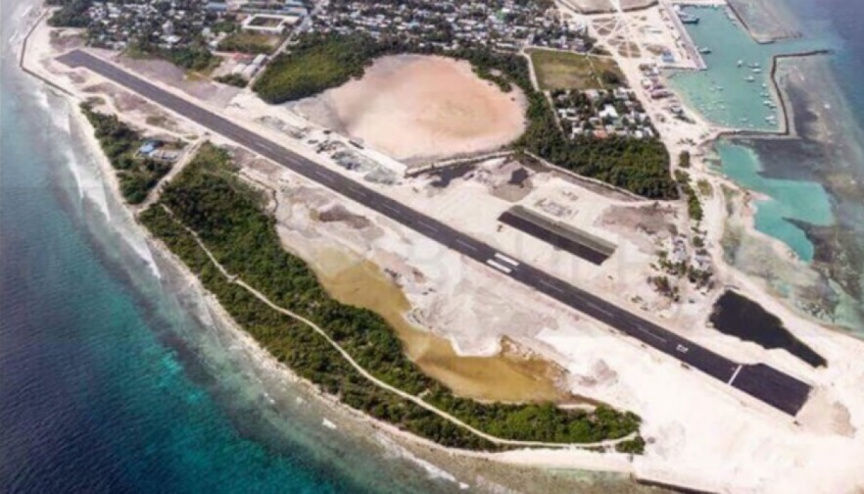International group to help restore Kulhudhuffushi mangrove
A large part of the unique ecosystem was destroyed for an airport project.

07 Mar 2019, 09:00
The Maldives government has accepted an offer from an environmental group to help restore and revive the Kulhudhuffushi mangroves after a controversial airport project destroyed a large part of the unique ecosystem.
Environment Minister Dr Hussain Rasheed Hassan accepted the offer from Mangrove Action Project, a US-based nonprofit specialising in conservation and restoration of mangroves, the environment ministry tweeted.
The Kulhudhuffushi mangroves were reclaimed in late 2017 to make way for an airport despite a public outcry and warnings of lasting and irreversible damage from an Environment Impact Assessment report.
A 2013 campaign pledge of former president Abdulla Yameen for the northern population hub, the project was rushed to completion ahead of last September’s presidential polls.
Become a member
Get full access to our archive and personalise your experience.
Already a member?
Discussion
No comments yet. Be the first to share your thoughts!
No comments yet. Be the first to join the conversation!
Join the Conversation
Sign in to share your thoughts under an alias and take part in the discussion. Independent journalism thrives on open, respectful debate — your voice matters.




